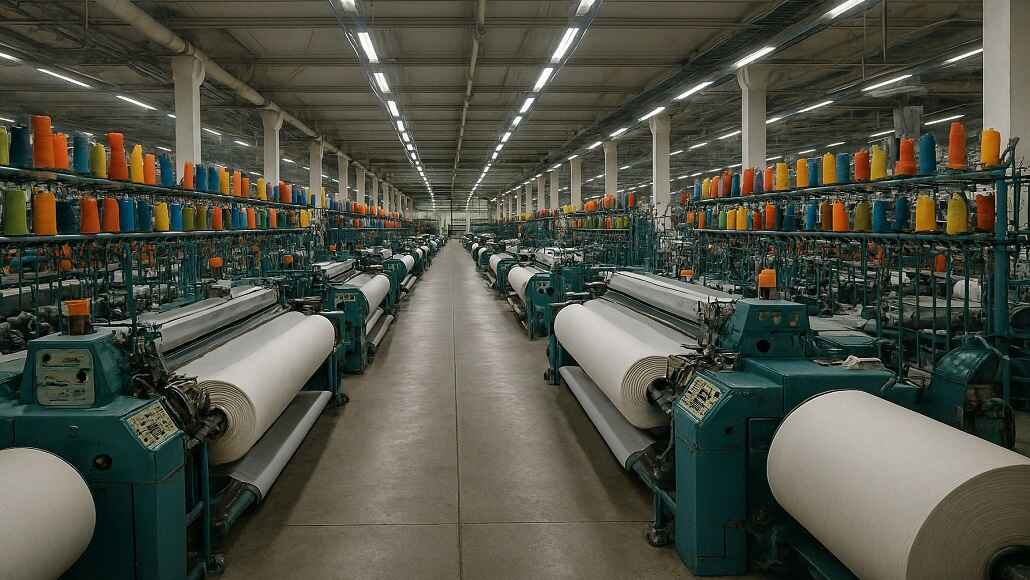In a powerful statement of unity, more than 30 prominent textile CEOs and cotton farmers from South Carolina have jointly addressed a letter to U.S. Treasury Secretary Scott Bessent, expressing concern over his recent remarks about the state of the American textile industry. The letter highlights the South Carolina textile industry’s resilience, innovation, and vital contribution to national and economic security while calling for a meeting to discuss the sector’s importance and future potential.
The Remarks That Sparked Concern
Secretary Bessent’s comments at the White House reportedly described the textile industry as “outdated and diminished,” suggesting it no longer plays a significant role in the U.S. economy or national security framework. These remarks have drawn sharp criticism from industry leaders who argue that such misconceptions ignore the substantial advancements made by the domestic textile industry in modern manufacturing, exports, and employment.
The Industry’s Response
The letter, signed by leaders from major textile companies and farms, aims to set the record straight. It emphasizes how the U.S. textile sector has adapted over the years by embracing advanced technology, producing high-quality materials, and supporting essential national needs. South Carolina alone employs nearly 15,000 workers in textiles, making it the third-largest textile workforce in the country. The industry also plays a critical role in sustaining rural economies, providing well-paying jobs that are difficult to replace.
“Rather than offshore production, the U.S. textile industry chose to innovate and invest in advanced manufacturing technologies,” the letter states. “South Carolina is home to some of the most sophisticated textile operations in the world because of these efforts.”
A Pillar of National Security
A key point of contention is the Treasury Secretary’s underestimation of the industry’s role in national security. The letter highlights that under the Berry Amendment, the U.S. military is required to source textile goods – such as uniforms, combat gear, and ballistic armor – from domestic manufacturers. This ensures that the armed forces are not reliant on foreign suppliers, which could pose significant security risks. The letter also reminds Secretary Bessent of the industry’s performance during the COVID-19 pandemic when it quickly pivoted to produce PPE for frontline workers and the military.
The U.S. textile industry currently supports $64 billion in domestic shipments annually, employs over 470,000 workers across 17 states, and is the second-largest global exporter of fibers, yarns, and fabrics.
Call for Fair Trade and Reshoring
The letter also underscores the positive impact of fair trade policies and industrial reshoring efforts supported in recent years. It calls for continued collaboration with policymakers to strengthen the domestic textile supply chain and reduce dependency on global competitors, particularly in light of increasing economic and geopolitical uncertainties.
“With the right policies, the U.S. textile industry could become one of the biggest success stories of this administration. We stand ready to play a leading role in reshoring industrial jobs and expanding our national industrial capacity,” the letter reads.
Looking Ahead
The letter ends with a request for a meeting with Secretary Bessent to discuss how the government and the textile industry can collaborate to overcome misconceptions and ensure policies that benefit this essential sector. It is a strong reminder that textiles are not an outdated relic of the past but a dynamic and evolving industry vital to America’s economic and national security.
As the conversation continues, the letter stands as a testament to South Carolina textile industry leadership and a call for recognition and support for one of America’s most critical and innovative industries.

































